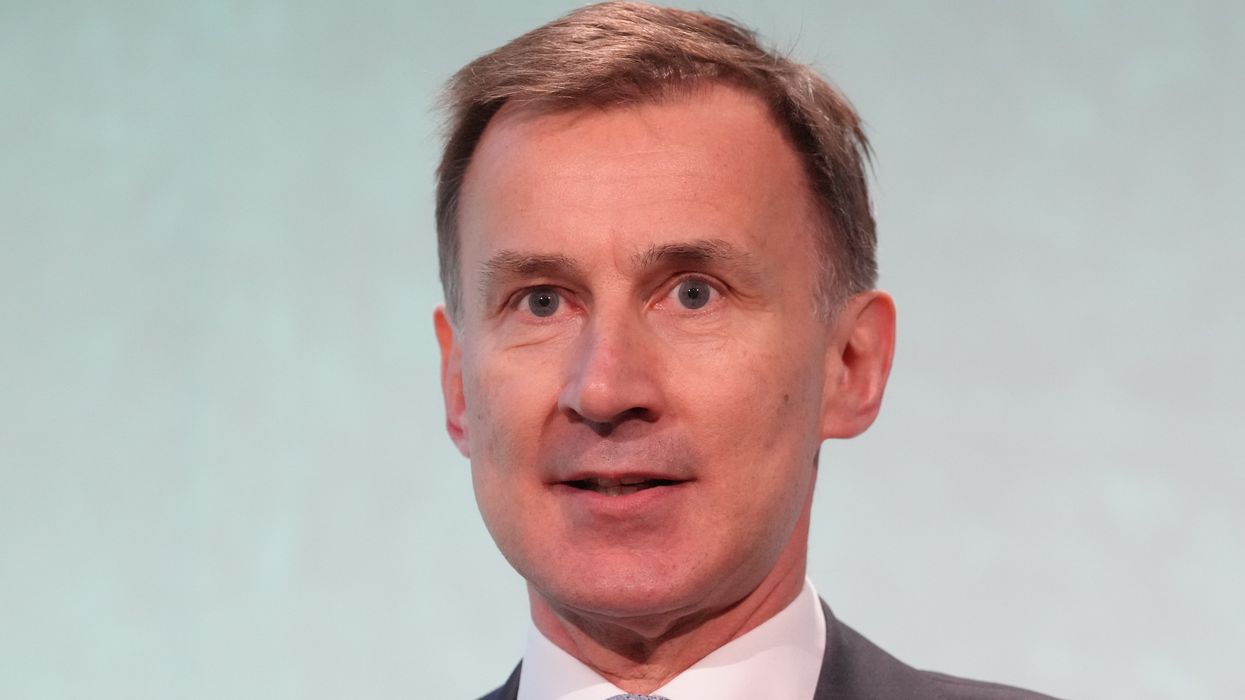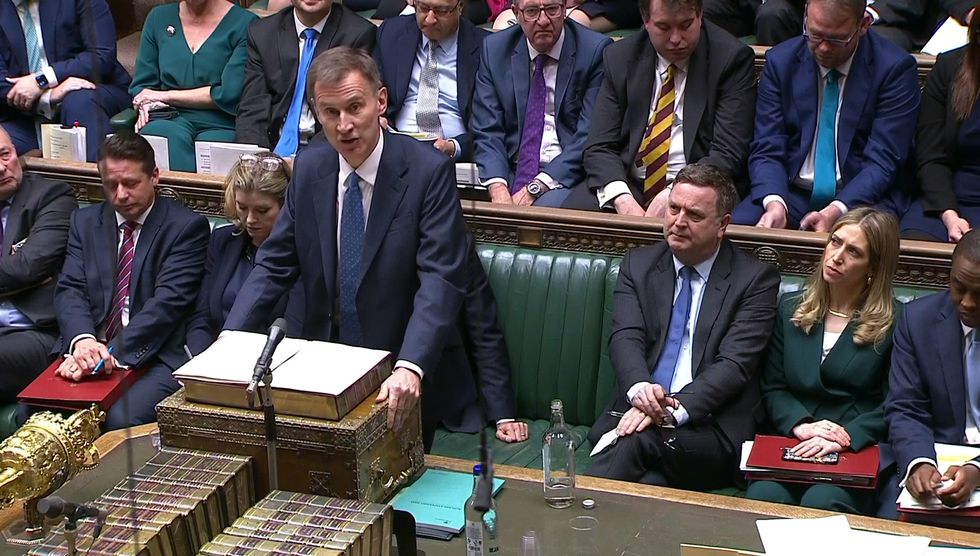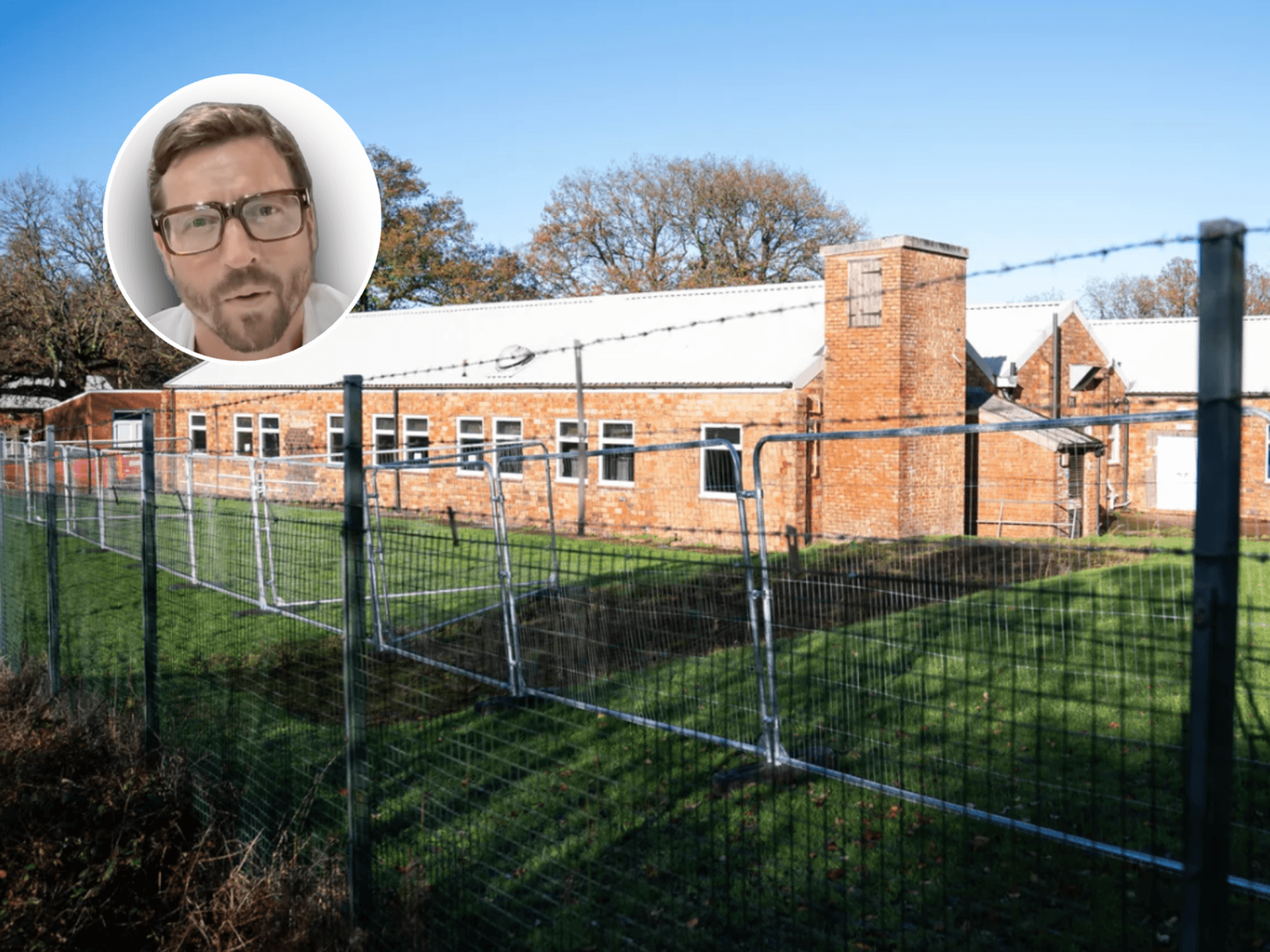Failing to fix inheritance stealth tax but cutting rate 'would be taking with one hand and giving with other'

Jeremy Hunt will deliver the Spring Budget on March 6
|PA

An exclusive analysis on potential inheritance tax cuts for GB News Members
Don't Miss
Most Read
Speculation is already mounting regarding what Chancellor Jeremy Hunt will announce, and what he won’t, in his Spring Budget on March 6.
There have already been reports that the inheritance tax could be scrapped, followed by suggestions the rate could instead be cut, in a bid to appeal to voters ahead of the 2024 General Election.
It’s a widely hated tax, often seen as a double tax on the wealth people earn in their lifetime, although just 3.73 per cent of estates paid the levy in 2020-21, the latest HMRC figures show.
Experts are warning more people are set to be affected in the future though - more than seven per cent are set to be affected by 2032-33, figures suggest – likely due to an ongoing freeze on inheritance tax thresholds, decades of house price increases and high inflation.

Less than four per cent of estates paid inheritance tax in 2020-21, the latest HMRC figures show
|GETTY
The current cost of abolishing inheritance tax would be £7billion – around half (47 per cent) of the benefit would go to people with estates of £2.1million or more at death, according to the Institute for Fiscal Studies (IFS).
But with an ongoing freeze to inheritance tax thresholds, financial experts have argued cutting the rate would simply be “taking with one hand and giving with the other”.
The standard inheritance tax threshold has been frozen at £325,000 (there’s normally no inheritance tax to pay below this threshold) since 2010.
Meanwhile, the residence nil rate band has not changed since it was phased in from 2017-20.
According to Laura Suter, head of personal finance at AJ Bell, a "simple" way to cut inheritance tax bills would be to raise the threshold to reflect inflation.
However, the option reportedly being mooted ahead of the Spring Budget is a cut to the headline inheritance tax rate, which is currently 40 per cent.
"By freezing the threshold but cutting the headline rate the government is taking with one hand and giving with the other," Ms Suter said.
"If the IHT thresholds had been increased with inflation, rather than been frozen, the nil rate band would stand at £499,000 from April 2024, rather than £325,000.
"If the government had also increased the residence nil rate band by inflation since its introduction, a couple would be able to leave an estate worth just over £1.4million without paying inheritance tax from April next year."
While both options aim to reduce inheritance tax bills, it seems cutting the inheritance tax rate would be preferable for wealthier households.
Ms Suter said: “A move to cut the headline rate rather than raise the threshold is more beneficial the wealthier you are, whereas raising the tax threshold to compensate for inflation would benefit a £1.5 million estate as much as a couple with £10 million to their name.
LATEST DEVELOPMENTS:

Jeremy Hunt delivered the Autumn Statement in November 2023
|PA
“If thresholds are kept frozen but the headline rate is cut, for an estate worth £1.5million the headline rate of inheritance tax would need to be slashed to just six per cent to equate to the same tax saving as uprating thresholds with inflation."
This calculation assumes the estate is formed of a couple each with a full nil rate band and both can use their residence nil rate band, and no other allowances are applied.
For a £2million estate, the rate would need to be cut to 23 per cent to equal the same tax bill as just uprating thresholds with inflation, according to AJ Bell calculations.
Meanwhile, for a £5million estate, the headline rate would only need to be cut to 37 per cent to equate to the same tax saving as raising thresholds.
Number 10 is understood to have played down reports inheritance tax would be scrapped entirely.
The Mail reports a spokesman declined to "enter into speculation" but said: "The tax is forecast to contribute £10billion a year by 2028-29 to help fund public services that millions of us rely on."









